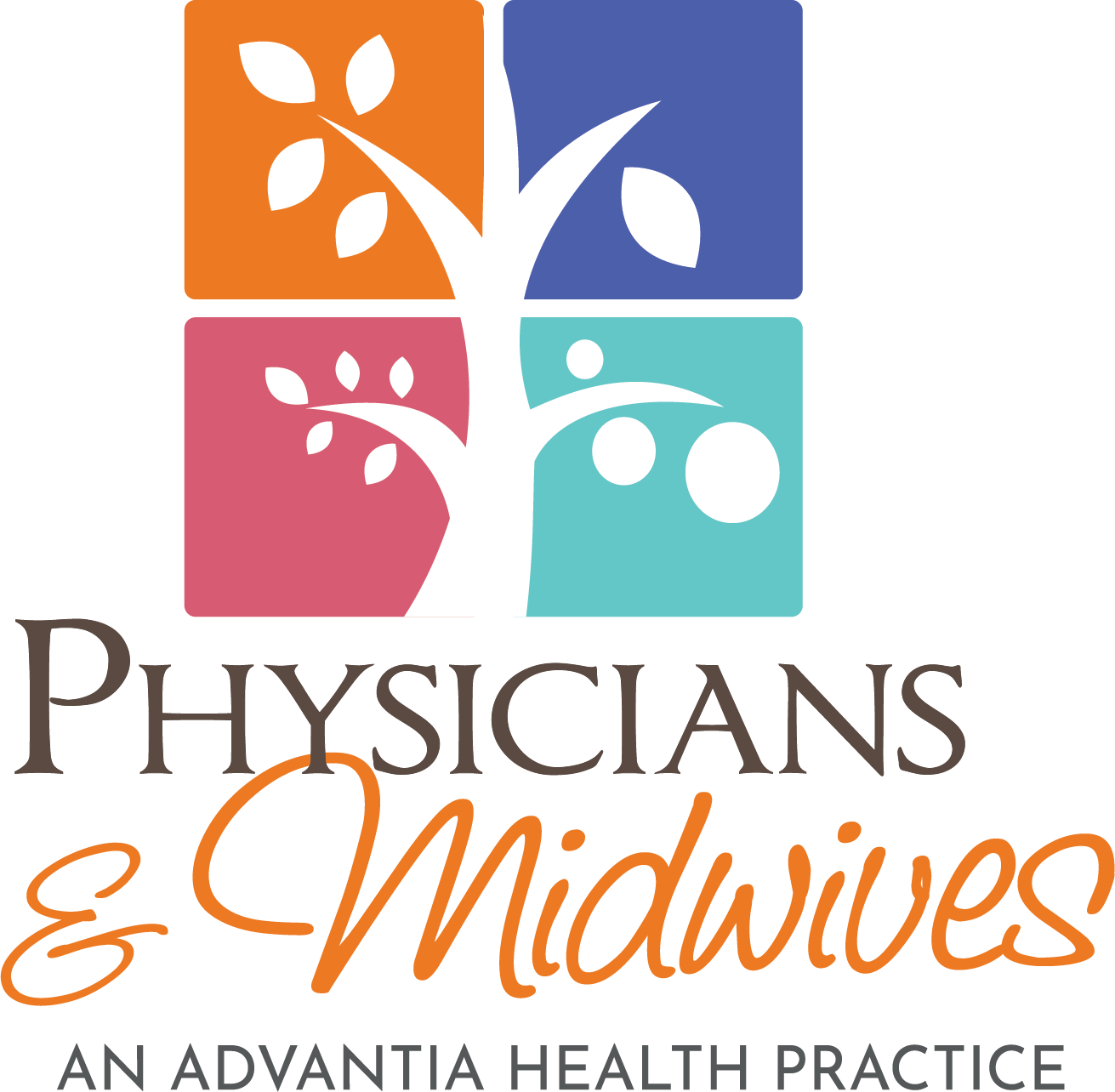
Published on: 16 September, 2015
Read Time: 5 min
Staying on top of your prenatal care appointments is an important part of your pregnancy. Regular visits with your prenatal practitioner helps you and your baby stay healthy throughout the pregnancy. Part of this includes alerting you to possible complications, such as gestational diabetes, which according to the Centers for Disease Control, affects approximately 1 in 20 women in the United States.
What Is Gestational Diabetes?
Gestational diabetes develops in some women during pregnancy when the glucose levels in the blood are too high. Normally, the insulin produced in the body helps convert blood sugar to energy to be used by your body. In diabetes, your body doesn’t do this efficiently which results in too much sugar building up in the bloodstream. What causes this to happen isn’t known, but it’s believed that the hormones produced by the placenta to help the baby’s growth may interfere with insulin production.
Are You At Risk?
All women are at risk of developing gestational diabetes during pregnancy, though some at a higher risk than others.
Factors that may increase your risk of gestational diabetes include:
- Being obese
- Being over 30 years of age
- Having gestational diabetes previously
- Having polycystic ovarian syndrome (PCOS)
- Family history of diabetes
Make an appointment to see one of our nurse practitioners as early in your pregnancy to assess your risk as part of your prenatal care.
Symptoms of Gestational Diabetes
The importance of regular prenatal appointments with a nurse practitioner is especially apparent when you consider that a condition as serious as gestational diabetes can come on without any obvious symptoms. Proper screening early in your pregnancy is important for you and your baby. Knowing the symptoms to look out for is also important. These include:
- Feeling excessively thirsty
- Feeling hungrier than usual
- Urinating more frequently
What Gestational Diabetes Can Do to You and Your Baby
If gestational diabetes is not properly managed, you and your baby both risk potentially serious complications.
Complications that you’re at higher risk of include:
- High blood pressure/preeclampsia. Along with high blood pressure, your risk of preeclampsia is also increased. Preeclampsia is a serious pregnancy complication that causes high blood pressure and damage to another organ, often the kidneys. Preeclampsia is serious and can be fatal if left untreated.
- Gestational diabetes in future pregnancies. Having gestational diabetes greatly increases your risk of developing it again during your next pregnancy.
- Type 2 diabetes. Your risk of developing type 2 diabetes is increased if you have gestational diabetes.
Risks to Your Baby
Gestational diabetes complications that may affect your baby include:
- Excessive birth weight (macrosomia). The extra glucose in your bloodstream passes to the placenta, requiring your baby’s pancreas to make more insulin. This can cause the baby to grow larger than normal, which can lead to difficult delivery because the baby can become wedged in the birth canal and sustain injuries during childbirth. This also increases the chances of a C-section birth.
- Preterm birth and related complications. Your high blood sugar increases your risk of early delivery, as can a large baby. Respiratory distress syndrome is just one of the risks associated with early delivery. Even if your baby isn’t born early, the risk of respiratory distress syndrome is still higher because of the gestational diabetes.
- Low blood sugar levels. Also known as hypoglycemia, your baby may develop low blood sugar after birth because of higher insulin production caused by your diabetes. If severe enough, hypoglycemia can trigger seizures in a baby.
Babies born to mothers with gestational diabetes have a higher risk of obesity and type 2 diabetes later in life. Sadly, untreated gestational diabetes can also result in a baby’s death just before or shortly after birth.
How We Can Help
Along with helping you come up with a plan for a healthy pregnancy, our doctors and nurse practitioners can also evaluate your risk for gestational diabetes early in your pregnancy or even when you’re just thinking of getting pregnant. It is recommended that you book an appointment online or by calling our office as early in your pregnancy as possible to see if you are at risk.
Even if you’re not considered high risk for gestational diabetes, a screening test will be performed during your second trimester, somewhere around the 24th to 28th week. This test is called an initial glucose challenge test in which you will be given special glucose syrup to drink and then have a blood test approximately one hour later. Depending on the results, you may then need follow-up glucose tolerance testing to see if you have gestational diabetes.
Your treatment, if any, will be determined by a doctor.
What Happens After You Give Birth
Gestational diabetes disappears in the weeks after you’ve given birth. In some cases, diabetes remains, but that’s usually because the woman had undiagnosed diabetes before getting pregnant.
You will need to follow-up with your doctor or nurse practitioner after you’ve given birth to check your blood sugar levels.
Give us a call or book an appointment online with one of our nurse practitioners if you have concerns about gestational diabetes or your risk.

Physicians and Midwives, an Advantia Health Practice
Physicians and Midwives is a unique collaborative practice you won’t find anywhere else. We have 5 offices for your convenience all across Northern Virginia, including Alexandria, North Arlington, Mt. Vernon, Kingstowne, and Woodbridge. If you would like to be listened to, as well as cared for, then look no further.





